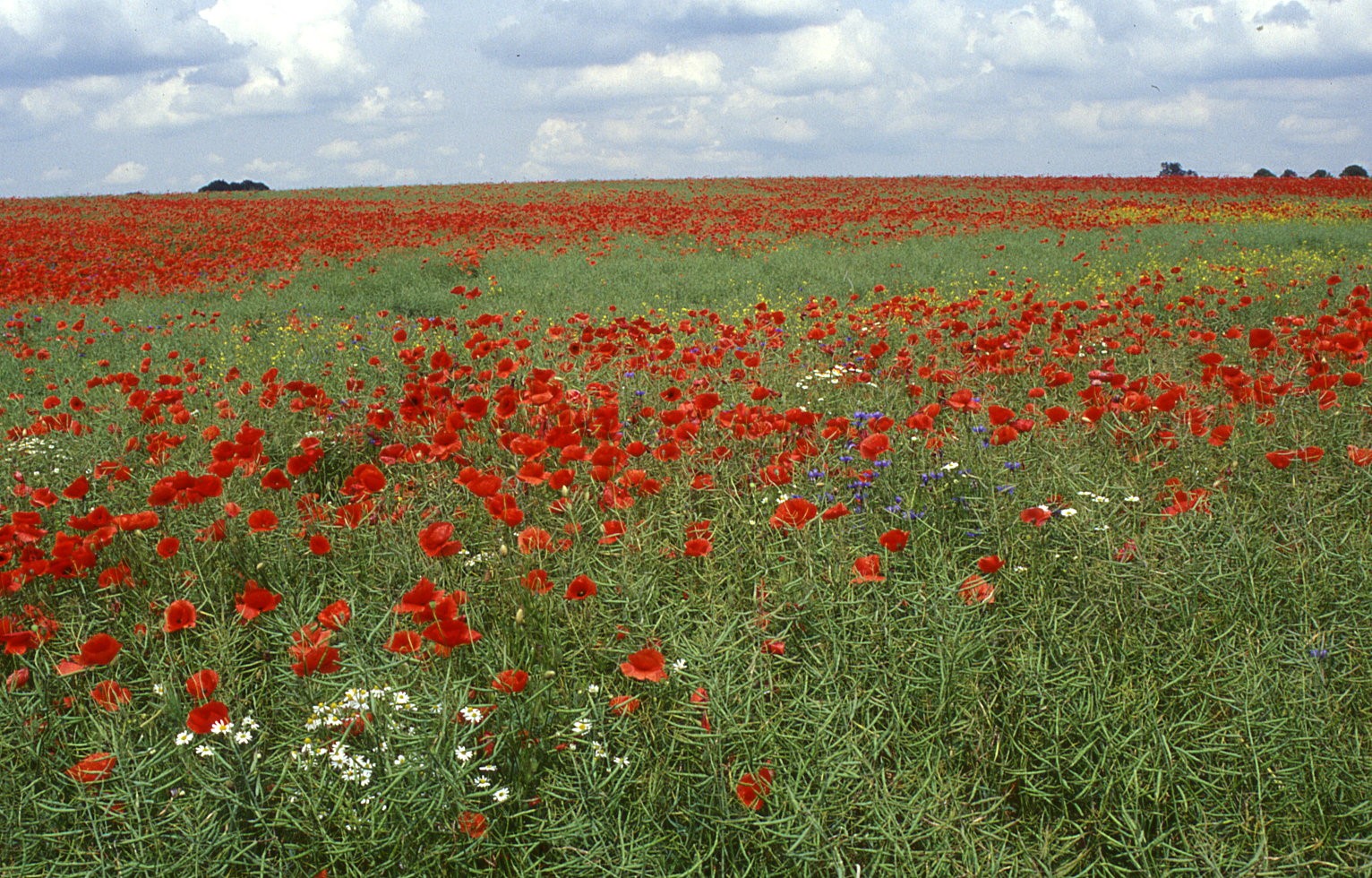06.06.2023: Michael Glaser (Wien): Past, present and future weeds, HS 32.01, Institut für Biologie, Bereich Pflanzenwissenschaften, Holteigasse 6, 17.00 bis 18.30 Uhr
The considerable changes to agriculture, e.g., increased fertilization rates, herbicide applications and mechanization, have caused changes to the biodiversity of Central European arable fields. On one hand, these changes are relevant to biodiversity conservation, as a large number of species have become rare or even endangered over the last ca. 100 years. On the other hand, newly emerging weeds may bring with them new challenges for agricultural production, albeit with impacts that remain hard to predict at present. Given these changes, the AgriWeedClim project has compiled a new data source and analyzed large-scale biodiversity changes with a focus on the general trends within arable biodiversity revealing the large impact of land use intensification, neophyte species and noteworthy differences between the "winners" and "losers" of biodiversity change. An online stakeholder survey among Austrian farmers revealed their awareness of the changes in weed floras and the relevance of an initial list of candidates emerging weed species, i.e., species that will likely increase impact.
Dienstag, 06.06.2023
